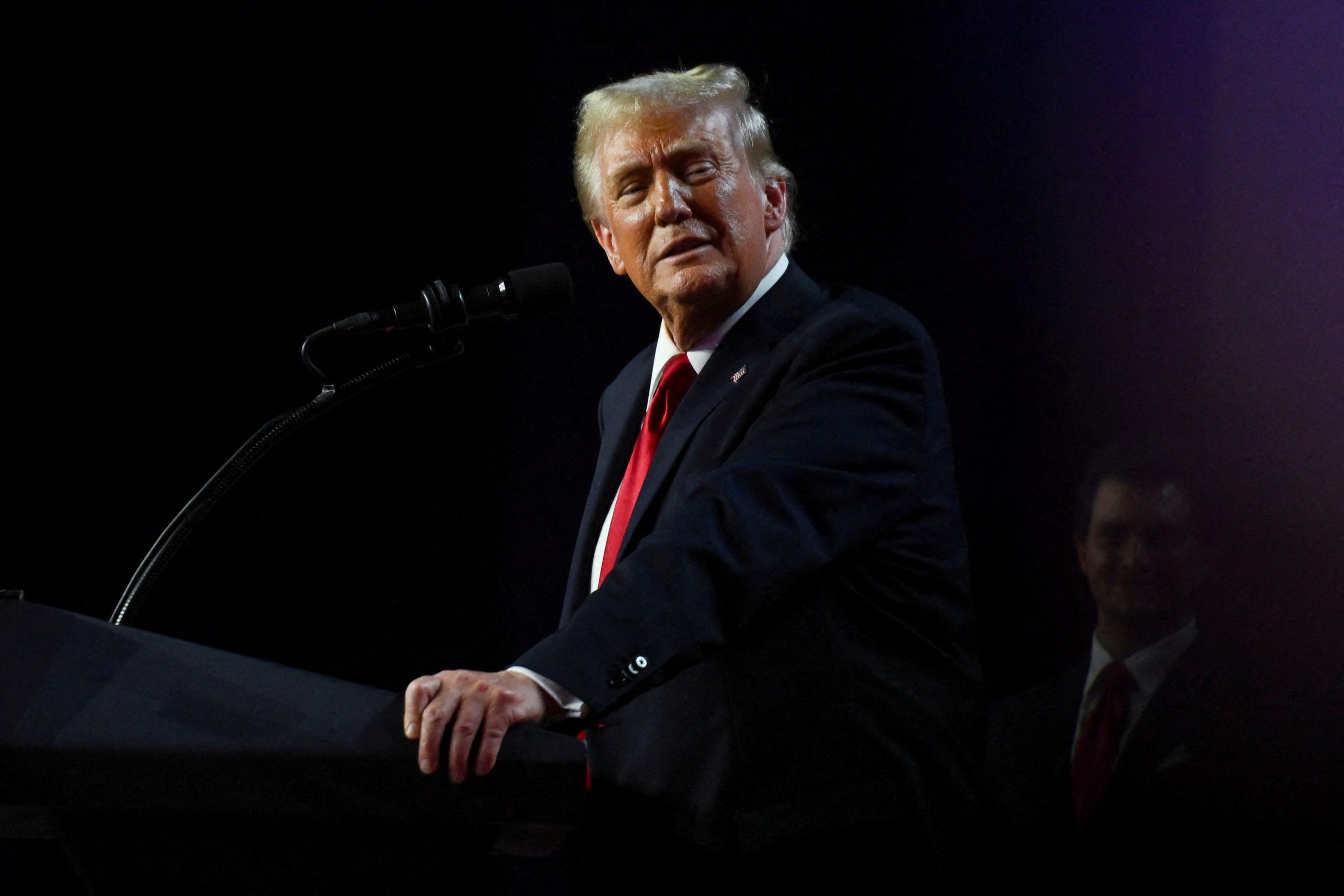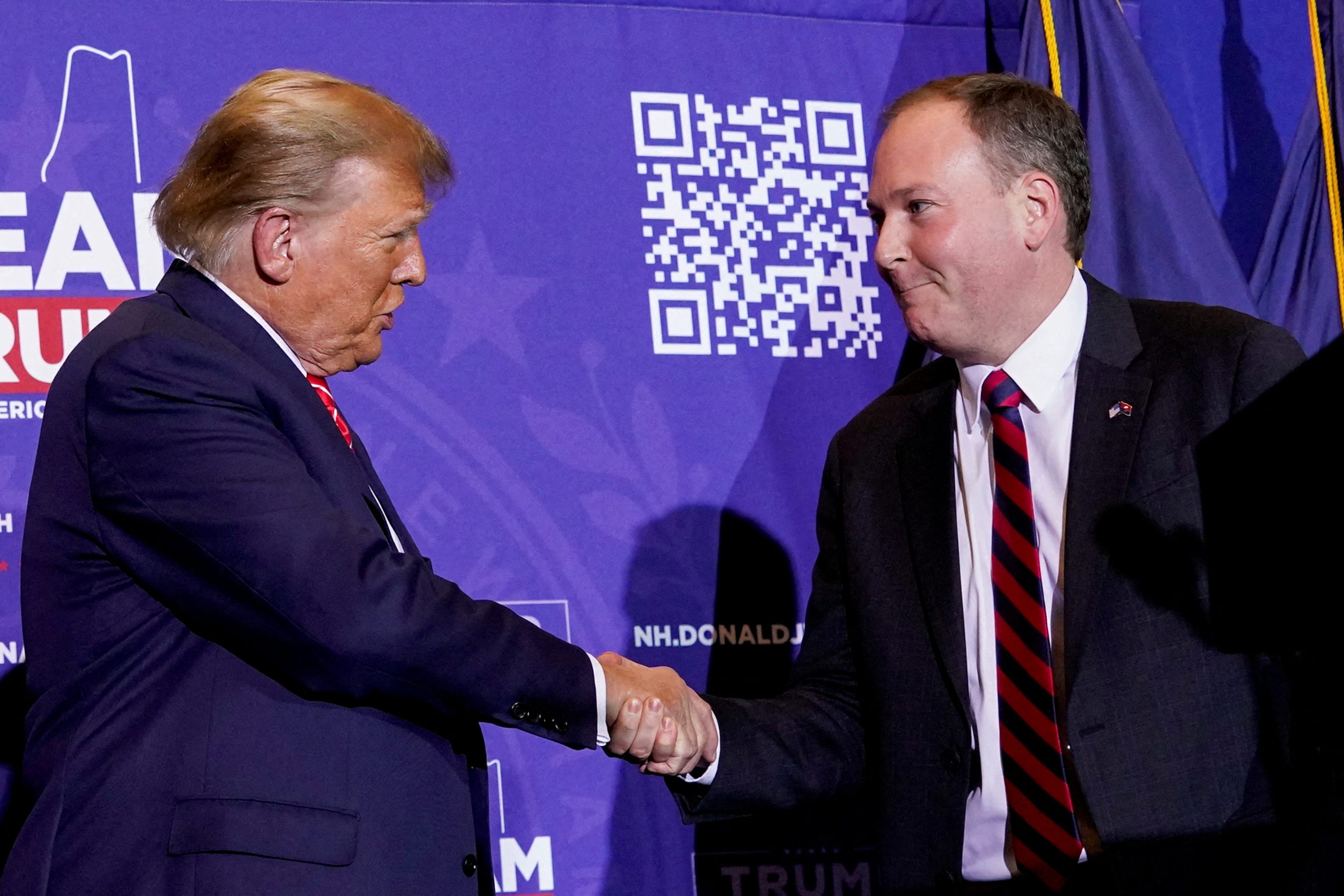In a surprising turn, the 2024 election saw young voters—long considered a cornerstone of the Democratic base—break away from Vice President Kamala Harris and tilt toward Donald Trump. Despite extensive campaign efforts aimed at Gen Z, exit polls revealed that Harris, who many believed would be buoyed by the youth vote, underperformed drastically among voters under 30.
According to data from the Associated Press’ VoteCast and CNN exit polling, around 50% of Gen Z voters supported Harris, a significant drop from the 60% who backed Joe Biden in 2020. In contrast, over 40% of Gen Z voters threw their support behind Trump, marking a 13-point swing toward the Republican candidate since the last election. Among first-time voters—a key target for the Harris campaign—Trump held a surprising 54% to 45% lead, a sharp reversal from the pro-Biden margin in 2020.
Political analyst David B. Cohen, a professor at the University of Akron, called the dip in Gen Z support a “huge concern” for Democrats. “Young voters compose a crucial part of the Democratic base, and if that is eroding, where do they make up for that?” Cohen noted, suggesting the decline in youth enthusiasm may have played a decisive role in Harris’ loss.
Harris’ campaign had banked on youthful energy, with events and ads on TikTok and high-profile endorsements from figures like Representative Alexandria Ocasio-Cortez. Campaign organizers reported long lines at college voting sites, with programming director Justin Meszler of Voters of Tomorrow predicting Gen Z would power Harris to victory. But those high hopes were dashed as exit polls revealed a different reality.
Political journalist Peter Hamby criticized Harris’ Gen Z outreach in a recent opinion piece, calling it “an abject disaster” for the Democratic Party. Hamby argued that Harris’ campaign failed to address economic concerns resonating among young voters, leading many to believe Trump was better suited to “help their pocketbooks.” While the Harris campaign flooded social media with remixes, influencer endorsements, and “good vibes” branding, Hamby suggested young voters were more focused on the economic issues they face daily.
The shift among Gen Z poses a serious challenge for Democrats. Many young voters, especially young men, appear increasingly receptive to GOP messaging on financial and social issues, suggesting the Democratic Party will need to reassess its strategy if it hopes to bring them back into the fold.
As Harris prepares to concede her loss, the Democratic Party faces tough questions about its appeal to a younger generation once expected to solidify its base. Without a clear strategy to address Gen Z’s priorities, Democrats may face more challenges with this demographic in future elections.
















